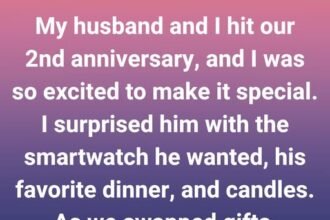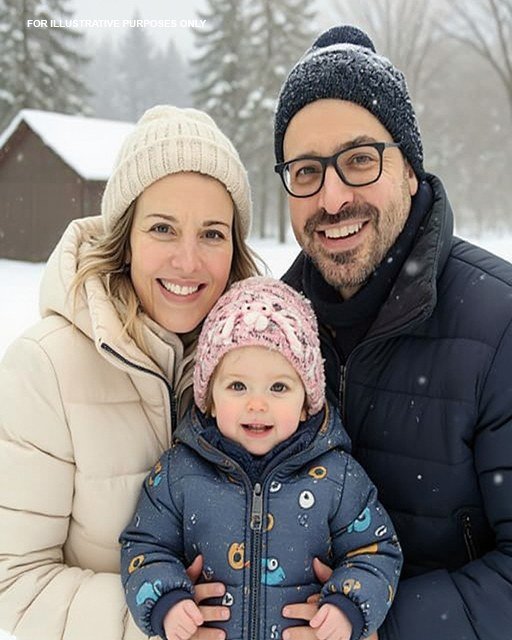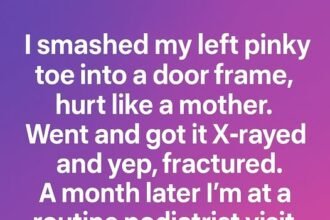I never expected four simple words to change the way I looked at my husband. We had waited years to become parents. After failed IVF cycles, endless consultations, and nights where we held each other in quiet grief, adoption felt like hope, a second dawn after a long winter.
When Lily came into our lives, she was this tiny, serious-eyed four-year-old with a quiet voice and a shy grip around her teddy bear. The first time she called me “Mommy,” my heart clenched so tight I had to excuse myself to cry in the hallway. A month later, she looked at me with those same solemn eyes and whispered, “Mommy, don’t trust Daddy.”
It was bedtime.
I was tucking her in, smoothing her hair like I always did, marveling at how safe she finally looked in a room decorated with pastel stars and stuffed animals instead of the stark, plain bedding of the shelter she’d come from. I kissed her forehead, whispered “Good night, love,” and that’s when she tugged the sleeve of my sweater and held my gaze. “Mommy?” she whispered.
“Yes?”
Her little voice trembled, but she spoke clearly. “Mommy, don’t trust Daddy.”
I froze. For a moment, I couldn’t breathe.
My hand remained suspended in the air, mid-stroke over her hair. The room suddenly felt colder. A thousand thoughts collided in my mind, messy and frantic.
Had she misunderstood something? Did she feel unsafe? Did something happen?
Or worse — was there something about Ethan I didn’t know? My husband had always been gentle, patient, and loving. He cried the day we got the adoption call.
He set up Lily’s room himself, carefully choosing fairy-tale wallpaper because he said he wanted her to wake up every day and feel like she belonged in a world full of magic. He read her bedtime stories with all the funny voices. He learned how to braid her hair badly, but he tried.
And yet here was our daughter, warning me not to trust him. I forced my voice to remain steady. “Sweetheart, why do you say that?”
She looked toward the door, then at her teddy bear as if he might help her speak.
Her fingers twisted around the blanket. She opened her mouth, ready to say something, and then clamped it shut again. Tears pooled in her eyes.
“Lily?” I kept my voice gentle, even though fear prickled beneath my skin. She shook her head hard, turned onto her side, and covered her face with the blanket. “Good night, Mommy.”
It was clear she wasn’t ready.
Pushing would only scare her more. So I whispered good night, even though my heart felt like a stone sinking to the bottom of a lake. But I didn’t sleep that night.
I lay awake, staring at the ceiling, every word, every look, every memory replaying in my head like a film I suddenly doubted I understood. Don’t trust Daddy. When morning came, exhaustion clung to me, heavy and bitter.
Ethan rolled over and kissed my shoulder, cheerful as ever, unaware that everything felt fragile now. His touch made me tense, and I hated that. Hated that a single sentence from a frightened child had created a crack in my trust.
I tried to tell myself that trauma affects children unpredictably. Lily had lived in three foster homes before us. She had faced instability, fear, and abandonment.
The story doesn’t end here — it continues on the next page.
Tap READ MORE to discover the rest 🔎👇





